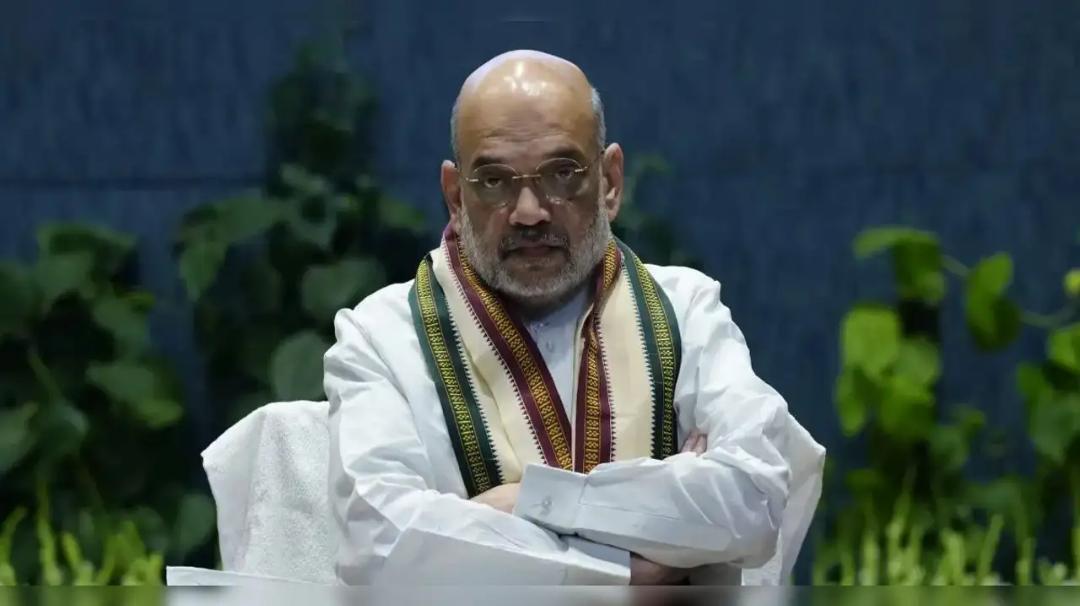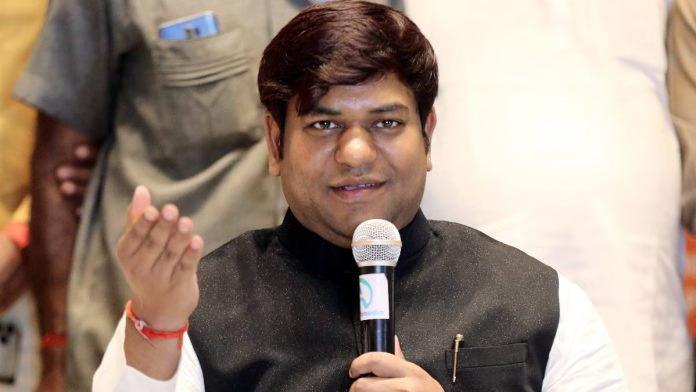
What Big Decisions Has Shah Taken as India’s Longest-Serving HM?
On January 31, 2023, Amit Shah, the Union Home Minister, scripted history by becoming the longest-serving Home Minister in India, surpassing Lal Krishna Advani’s record of 2,256 days. Shah has now completed 2,258 days in office, and his tenure has been marked by several historic and contentious decisions that have had far-reaching implications for the country. In this blog post, we’ll take a closer look at three of the most significant decisions taken by Shah during his tenure.
Abrogation of Article 370
One of the most significant decisions taken by Shah was the abrogation of Article 370 of the Indian Constitution, which granted special status to Jammu and Kashmir (J&K). The move, which was taken on August 5, 2019, was seen as a bold step by the government to integrate the region with the rest of the country. The article had created a sense of separation between J&K and the rest of India, and its abrogation aimed to break down these barriers and create a more uniform citizenship regime.
The decision was widely criticized by opposition parties, who argued that it was a violation of the Constitution and would lead to widespread unrest in the region. However, the government maintained that the move was necessary to ensure national unity and to bring development to the region, which had been lagging behind the rest of the country.
The abrogation of Article 370 has had several consequences, including the bifurcation of J&K into two union territories – Jammu and Kashmir, and Ladakh. The move has also led to a surge in tourism in the region, as well as a significant increase in investment and development projects.
Citizenship Amendment Act (CAA)
Another significant decision taken by Shah was the passage of the Citizenship Amendment Act (CAA), which was passed by the Parliament on December 11, 2019. The CAA aims to provide citizenship to persecuted minorities from Afghanistan, Bangladesh, and Pakistan, who have taken refuge in India.
The CAA has been widely criticized by opposition parties, who argue that it is discriminatory and will lead to the exclusion of Muslim migrants from the country. However, the government maintains that the Act is necessary to provide relief to persecuted minorities who have been denied citizenship in their countries of origin.
The CAA has also led to widespread protests and violence in several parts of the country, particularly in the northeastern states and in Delhi. The opposition has also accused the government of using the CAA as a tool to polarize the country and to divide people along religious lines.
Three New Criminal Laws
Shah has also been instrumental in the passage of three new criminal laws, including the Criminal Law (Amendment) Act, 2019, the Indian Penal Code (Amendment) Act, 2019, and the Code of Criminal Procedure (Amendment) Act, 2019. These laws aim to strengthen the criminal justice system and to provide stricter punishments for criminals.
The new laws have been widely praised by advocates and law enforcement agencies, who argue that they will help to reduce crime and to improve the overall safety of the country. However, the opposition has criticized the laws, arguing that they are draconian and will lead to the arbitrary arrest and detention of citizens.
Promise to End Naxalism
In a recent statement, Shah has promised to end Naxalism in the country by March 31, 2026. Naxalism, which is a form of left-wing extremism that has been plaguing the country for several decades, has resulted in the deaths of thousands of people and has disrupted the lives of millions.
Shah has promised to take a multi-pronged approach to tackle Naxalism, including the use of military force, as well as economic and social development programs. The government has also promised to provide incentives to Maoist-turned-ordinary-citizens to lay down their arms and to reintegrate into society.
Conclusion
Amit Shah’s tenure as the Union Home Minister has been marked by several historic and contentious decisions, including the abrogation of Article 370, the passage of the Citizenship Amendment Act (CAA), and the passage of three new criminal laws. While these decisions have had far-reaching implications for the country, they have also been widely criticized by opposition parties and civil society organizations.
As Shah continues to serve as the Union Home Minister, it will be interesting to see how he tackles the challenges facing the country, including Naxalism, terrorism, and border security. Whether he will be able to deliver on his promises and make a lasting impact on the country remains to be seen.






